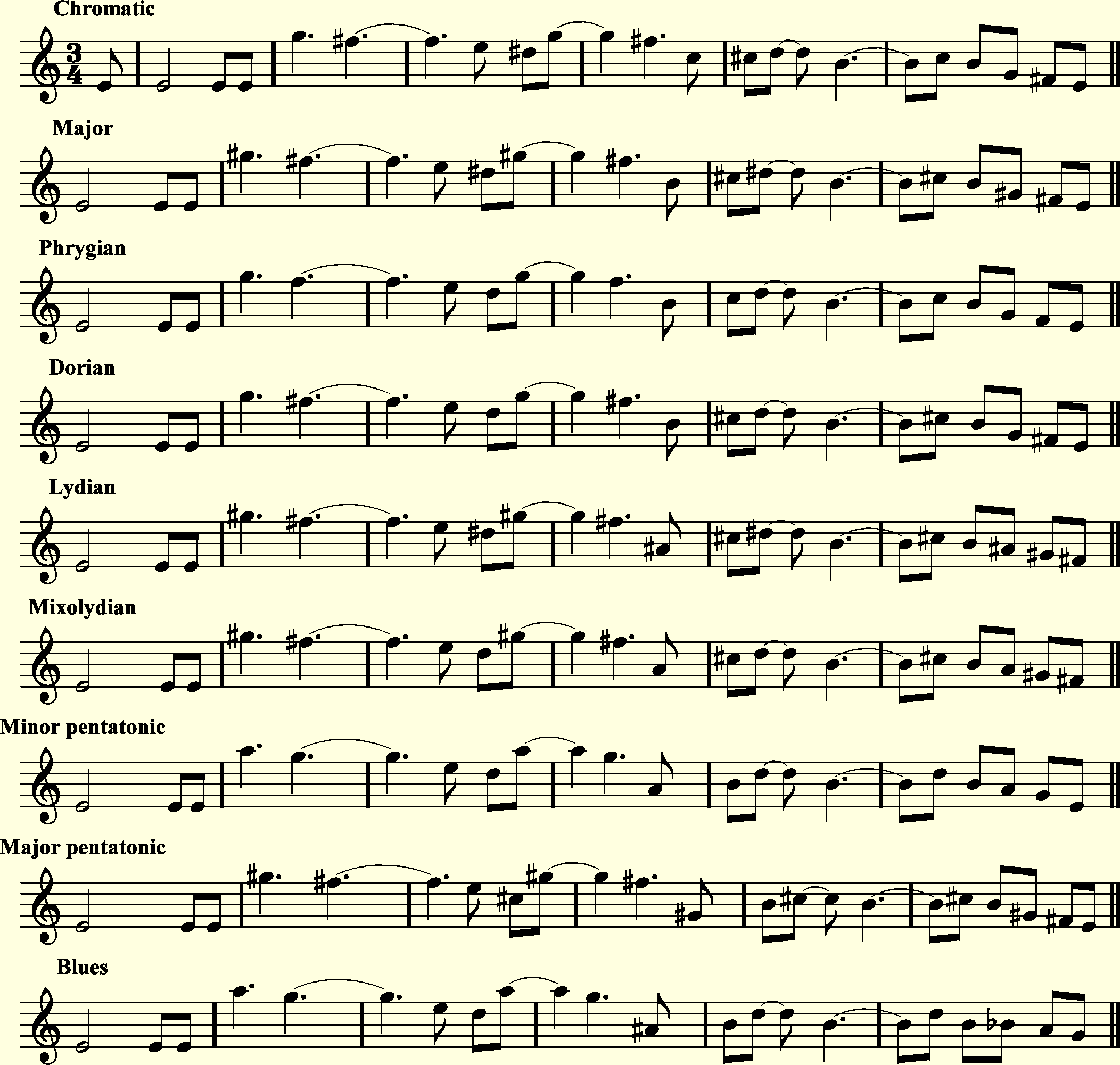as pump has just said you have missed the point
this is the post I referred to above
There are no real emotional guidelines to musical keys in the 21st century.
This is especially true if you are using 12 tone equal temperament tuning; which if you are daw based only, you are.
Why do I say this?
Because in equal temperament tuning all intervals are mathematically equivalent: there is no deviation from the mathematical layout of notes in 12-tone equal temperament.
It is why some folks say you only need to learn the key of C major to understand (and be able to play in (by using MIDI transpose)) all keys.
If you were to ask about scales instead then there are some real differences which can be exploited.
The following is quoted from....
Different scales and modes bring different note choices to the equation
| Scale/mode | Structure | Mood/Sonority |
| Major | TTSTTTS | 1-2-3-4-5-6-7-8 | Generally classified as happy but some of my most sad melodies are written in the major |
| Natural minor | TSTTSTT | 1-2-[sup]b[/sup]3-4-5-[sup]b[/sup]6-[sup]b[/sup]7-8 | Generally classified as sad |
| Harmonic minor and its modes | TSTTST[sup][sup]1[/sup]/[sub]2[/sub][/sup]S | 1-2-[sup]b[/sup]3-4-5-[sup]b[/sup]6-7-8 | can have a dark and middle eastern feel depending on which mode is used |
| Melodic minor and its modes | TSTTTTS | 1-2-[sup]b[/sup]3-4-5-6-7-8 | tends to be more jazzy in feel |
| Dorian mode | TTSTTTS | 1-2-[sup]b[/sup]3-4-5-6-[sup]b[/sup]7-8 | minor with an upbeat nature |
| Phrygian mode | TTSTTTS | 1-[sup]b[/sup]2-[sup]b[/sup]3-4-5-[sup]b[/sup]6-[sup]b[/sup]7-8 | minor with a darker character, almost Spanish in some respects |
| Lydian mode | TTSTTTS | 1-2-3-[sup]#[/sup]4-5-6-7-8 | major with twist |
| Mixolydian mode | TTSTTTS | 1-2-3-4-5-6-[sup]b[/sup]7-8 | major with a lighter character. |
| Synthetic scales | Any structure you want | each has its own identity |
the following is quoted from.... in which a chromatic theme is introduced to explore the concept of sound design from an orchestral perspective. The post then moves on to explore changing the nature of the melody by changing the scale used
Now to consider the manipulation of this theme into other parallel tonalities
By changing the accidentals (#/b) in the melody we can shift the mood of the melody dramatically:
[mp3]http://www.bandcoach.org/fp/audio/melSonoritiesTonalVars.mp3[/mp3]
Explore each of the tonal/modal areas and compare it to the original theme - note what has changed and what has stayed the same. Lastly, note aurally how the theme has changed character simply by changing one or more notes to fit a new scale/mode.
| Scale/Mode | Tones |
| Major | E-F[sup]#[/sup]-G[sup]#[/sup]-A-B-C[sup]#[/sup]-D[sup]#[/sup]-E |
| Nat minor | E-F[sup]#[/sup]-G-A-B-C-D-E |
| Phrygian | E-F-G-A-B-C-D-E |
| Dorian | E-F[sup]#[/sup]-G-A-B-C[sup]#[/sup]-D-E |
| Lydian | E-F[sup]#[/sup]-G[sup]#[/sup]-A[sup]#[/sup]-B-C[sup]#[/sup]-D[sup]#[/sup]-E |
| Mixolydian | E-F[sup]#[/sup]-G[sup]#[/sup]-A-B-C[sup]#[/sup]-D-E |
| Minor Pentatonic | E-G-A-B-D-E |
| Major pentatonic | E-F[sup]#[/sup]-G[sup]#[/sup]-B-C[sup]#[/sup]-E |
| Blues | E-G-A-A[sup]#[/sup]/B[sup]b[/sup]-B-D-E |
Just intonation and the mood/sense of key
There are some solid references of the meaning and nature of keys within the era before equal temperament tuning took hold.
Of those out there the following two are perhaps the most telling:
Beethoven's thoughts on key and mood
keys | San Francisco Symphony Keeping Score
Scriabin's thoughts on colours to be associated with individual pitches
Alexander Scriabin - Wikipedia, the free encyclopedia
Scriabin
Scriabin colour organ performance review
It is also important to consider whether the links between colour (the light spectrum) and sound (the audio spectrum) are valid. Some critics and historians point to Scriabin's synaesthesia (one sense perceiving in terms of another sense - i.e. hearing music as colours) as the possible source of his pre-occupation with colour and sound equivalencies....
Beethoven's preoccupation was more of an attempt to link keys with scenery as an aid to writing appropriate material

